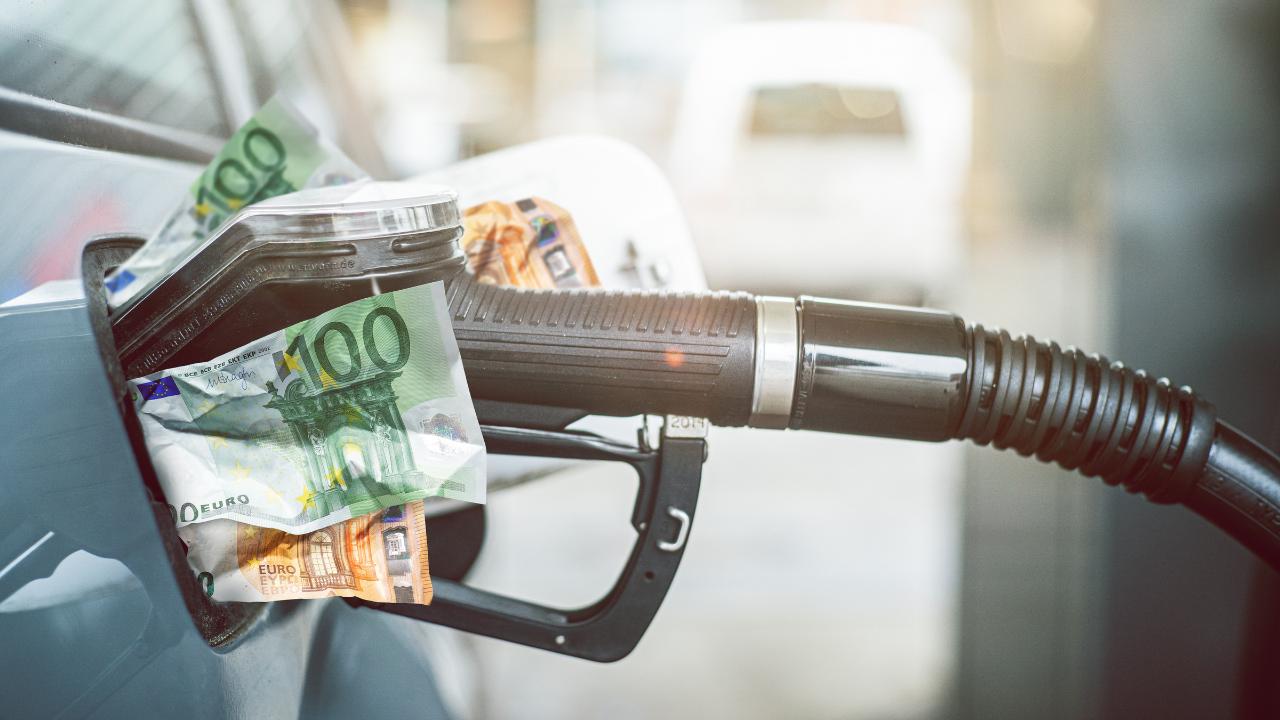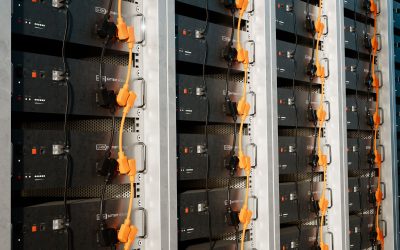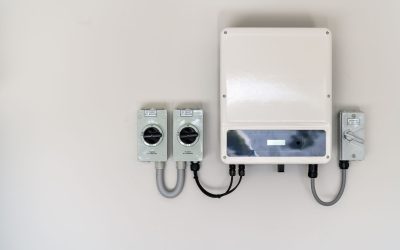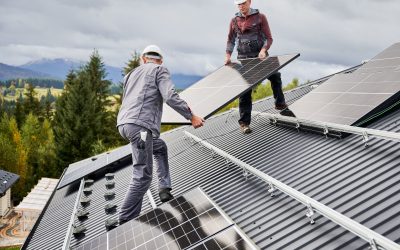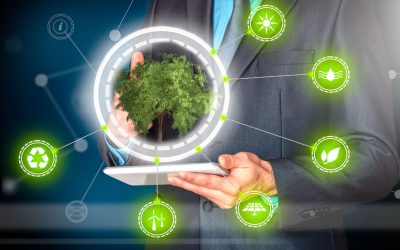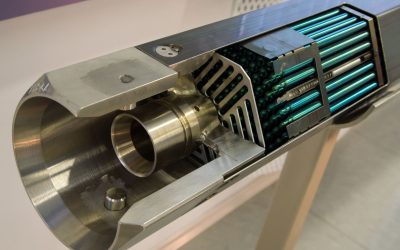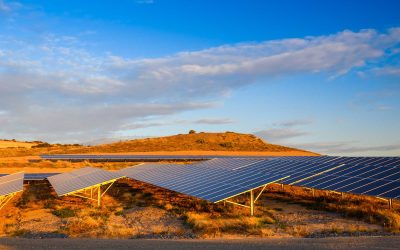With each announcement of fuel price changes, motorists tend to dream about alternatives. At the moment, our fuel is produced mainly from imported oil. However, with South Africa’s incredible solar and wind resources, one can’t help but think about ways to get cheaper fuel by using these resources.
There are perhaps three possible routes to take when it comes to changes in the vehicle industry. We could move towards electric vehicles, hydrogen vehicles, or start using biofuels for our vehicles. Each of these routes has its share of advantages and disadvantages. Regardless of the route we take, as motorists, we remain at the mercy of the ever-changing, generally increasing fuel price.
Biofuels
A move to biofuels would be the quickest route to changes in the vehicle industry. Biofuels can be made to be drop-in such that no changes need to be made to the vehicles we currently drive. We could make use of the abundant sunlight we have to grow the energy crops needed and then process them into fuels suitable for our vehicles. There are already businesses producing such fuels.
The drawback though, is that producing biofuels for vehicles is not yet commercially viable for it to compete with normal fuel. In addition, even if we were to reach commercial viability, there is not enough land available in South Africa to meet our fuel needs. With a push towards decarbonization, and because of the competition for land with food crops, the biofuels route would still leave us looking for alternative solutions [1].
Hydrogen
A move to hydrogen vehicles would require new vehicles. Hydrogen takes away range anxiety, since it can be pumped into a car just as quickly as normal fuel is pumped. The downside is that, if you do have a hydrogen powered car, you would struggle to find hydrogen for your car until the fuel is more widely available. At least in the case of biofuel, if a service station doesn’t have biofuel, you could use regular fuel. This is not the case with hydrogen, and it puts us in a catch-22. Not enough hydrogen cars means not enough investment in hydrogen at service stations. Not enough hydrogen at service stations means not enough hydrogen car sales.
Electric Vehicles
This leaves us with electric vehicles. You can charge them at home or at work. Also, they can be charged using cheap energy from the sun and wind. The overall cost of owning and running an electric vehicle will either become equal to or be less than a regular vehicle by the end of this decade [2].
But what about load shedding? Interestingly, electric vehicles have the potential to help our energy issues in South Africa. Electric vehicles use power during off-peak times (mid-day and overnight) and do not need the grid during peak times. Your car is either charged by the morning peak, or you’re driving to work. During the evening peak, you’re either driving home, or if you are home, it’s not a bid deal to wait an hour or two before the car needs to be charged.
But, in addition to that, electric vehicles are essentially battery packs on wheels. If there was an incentive to make your electric vehicle available to the electricity network operator, then the thousands of electric vehicles in circulation could act as a large battery network. This would contribute to flexibilty that is needed as we move to an energy system mainly based on variable renewable energy.
The result would be an increase in our capacity for taking on more renewable energy. Renewables projects would increase, and we could get out of our energy crisis much quicker than if we were to wait for another Medupi, Kusile, or Koeberg.
I’m quite optimistic about electric vehicles. The developments in this space have brought prices down dramatically. It’s a great industry to keep an eye on and to support while, in the meantime, we remain at the mercy of volatile oil prices. Electric vehicles are the most promising relief.
References:
[1] Fickling, D. Bloomberg. “Planning to power your car with cooking oil? Fat chance”. Online. https://www.businesslive.co.za/bloomberg/news/2023-04-30-planning-to-power-your-car-with-cooking-oil-fat-chance/ (Accessed 1 May 2023).
[2] TheEconomist . “The future lies with electric vehicles”. Online. https://www.economist.com/special-report/2023/04/14/an-electric-shock (Accessed 1 May 2023)

